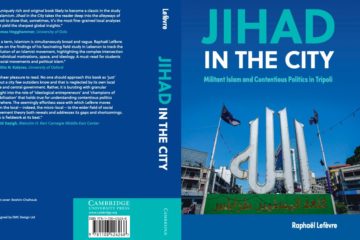
Jihad in the City: Militant Islamism and Contentious Politics in Tripoli- Author’s Q&A
We interviewed Raphaël Lefèvre about his new book Jihad in the City: Militant Islamism and Contentious Politics in Tripoli, available now. OxPol: What motivated you write your book? Raphaël Lefèvre: I wanted to shed light on a little-known historical event with large contemporary echo: the creation by a militant Islamist movement of an “Islamic Emirate” on the city of Tripoli, Lebanon in 1982-1985. This movement has modern parallels with the “Islamic Caliphate” created by ISIS in parts of Iraq and Syria after 2014 and with similar attempts by Al-Qaeda to create “Islamic Emirates” on the territories it has sporadically controlled recently, from Southern Yemen and Northern Mali to Northern Syria. I am not suggesting that the 1982-1985 “Islamic Emirate” in Tripoli …
Dissecting the Hindu Chauvinism in India’s COVID-19 Response
The global Covid-19 pandemic has led an alarming transformation of the world’s social, economic, and political life. In that context, it is important to understand how the pandemic has added momentum to India’s inertial slide into a full-fledged Hindu majoritarian state. In India, Prime Minister Narendra Modi’s Hindu nationalist government has seized upon this public health emergency as an opportunity to strengthen its hold on Indian society. In this article, we examine how the Covid-19 pandemic has provided Modi’s single-party national government with fertile ground for advancing its Hindu nationalist project. Vigilante Blame Culture The global spread of Covid-19 has provided Hindutva organisations, which seek to merge Hindu and Indian identities, with a fresh target for their nationalist propaganda. In line with …
The Ineffective International Response to the Rohingya Crisis ─ A Paradox
The longstanding Rohingya crisis in Myanmar has generated massive human rights violations, becoming a humanitarian disaster. It is not only an internal matter for Myanmar, as it has destabilized the regional tranquility of South and Southeast Asia and triggered a global outcry. In this article, I will illustrate why major states, such as China, India, Russia, and the US, have adopted a policy of overlooking the Rohingya crisis. I have intentionally excluded the potential for a prominent leadership role from the already fragile Muslim world because of both their general absence from the central world leadership and their preoccupation with their own domestic crises. The Rohingya are the largest community among eight prominent Muslim groups in Myanmar and have lived in its Rakhine State (formerly Arakan) for generations. They are envisaged by the nation’s government and Buddhist population as illegal Bengali immigrants who came from what is …
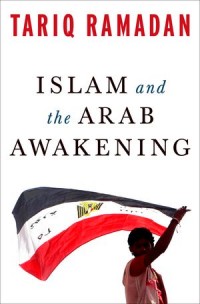
Islam and the Arab Awakening: Five things we should know about the Libyan and Egyptian demonstrations
We must start first by condemning the violence and killing of diplomats and civilian people. Whatever we may feel, however we may be hurt by the video, it cannot justify in any way the killing of people. Such actions are simply anti-Islamic and against Muslim values. The demonstrations were in fact first organised by a tiny group of Salafi literalists who were attempting to direct popular emotions against the United States and the West in order to gain for themselves a central religious and political role.
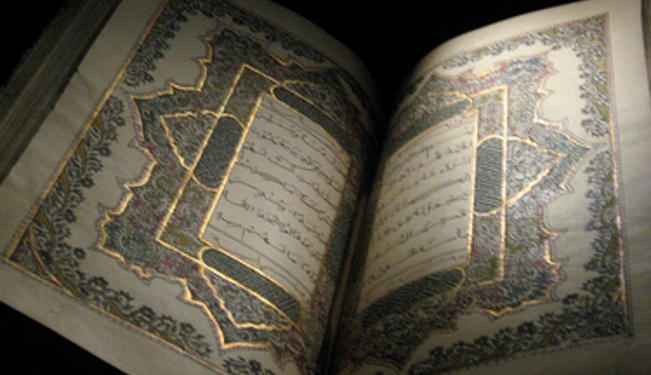
Unraveling theological concepts and political categories through the Prophetic tradition
Recently, I wrote an article in Fair Observer, ‘Through the Eyes of Yusuf,’ where I offered an alternative lens to view and understand the meaning of ‘Muslim’ as a religious category, through an exegesis of the story of Yusuf (Joseph) in the Qur’an. In the piece I briefly touched on the political implications of the Prophetic tradition within Islamic theology. But I want to elaborate more here. As much as the term ‘Muslim’ exists as a socio-political category, it is simultaneously a theological concept that signifies wholehearted submission or acceptance, through faith and through actions, to the One God. The terms ‘Islam’ (submission to the One God) and ‘Muslims’ (those who wilfully submit to the One God) are scattered throughout the …
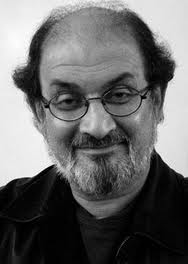
Looking back at the Salman Rushdie Affair
I have a new piece on Salman Rushdie in Current Intelligence, following up on my previous article, ‘Does Salman Rushdie Exist’, also republished on Politics in Inspires. In this new piece I discuss the “Rushdie Affair” more broadly. Below is a snippet of my longer article, the rest of which can be read over on Current Intelligence’s website. Rushdie Redux As a symbol of free expression under threat, Salman Rushdie has become a fetish for liberals, who not only consider it blasphemy to criticize this wealthy and influential author, but also require a ritual condemnation of the “fanaticism” that once put his life at risk. This despite the fact that the threat he faced lies more than twenty years …
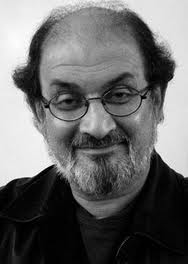
Does Salman Rushdie Exist?
The recent controversy over Salman Rushdie’s non-appearance at the Jaipur Literary Festival has been widely understood in the stereotyped terms of a threat to the freedom of expression. The belligerence of those Muslims protesting Rushdie’s presence, of course, as well as the eagerness of some Indian authorities to humour them, was entirely reprehensible. But lost in the anodyne narrative about free expression was also the controversy’s political meaning, which I will argue had little to do either with Rushdie or indeed the offended religious sentiments of certain Muslims. Instead this celebrated author has been reduced to a kind of billboard upon which almost any cause can be advertised, and it is in this purely functional guise that he is recognized …









